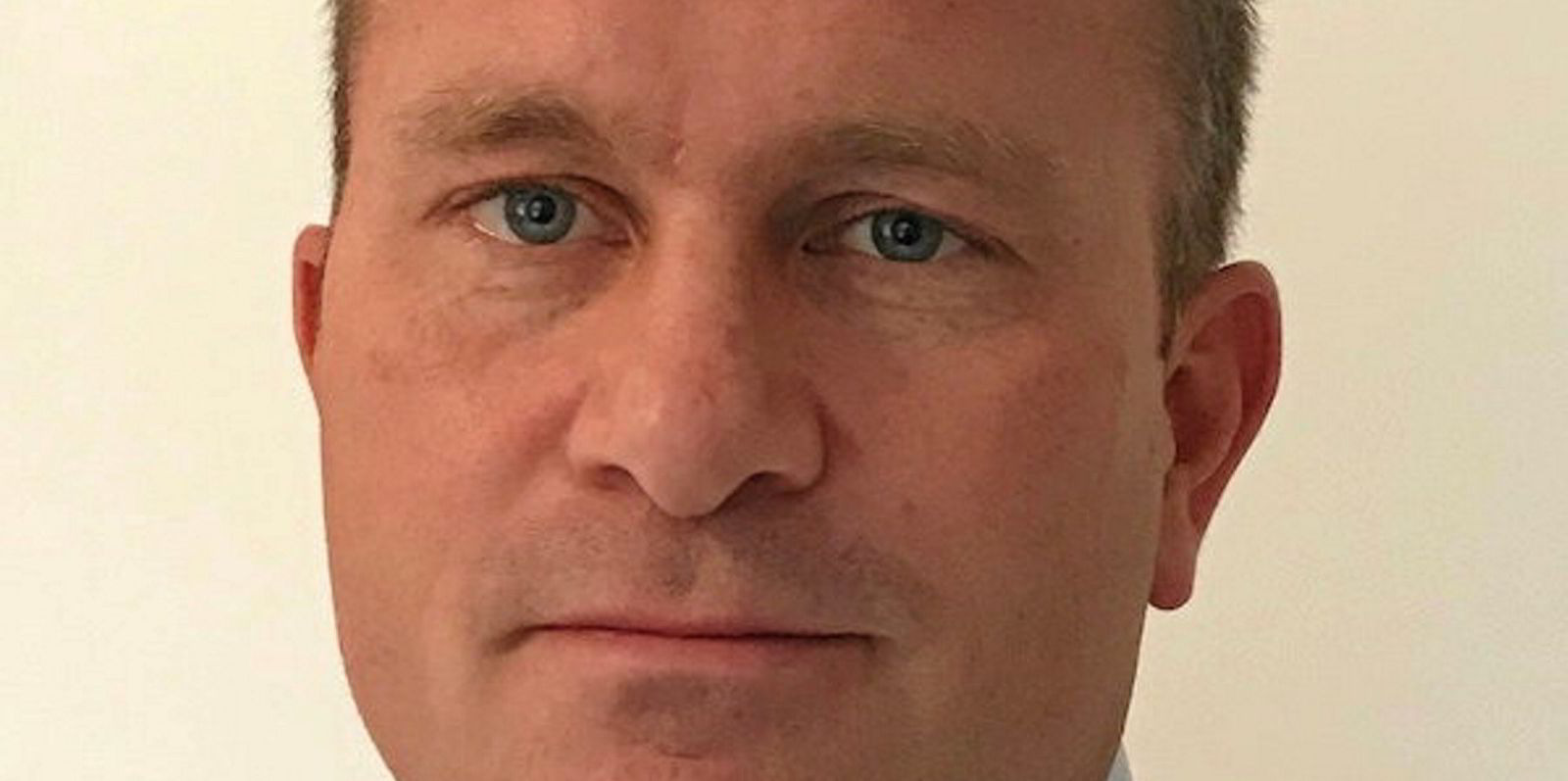Marine underwriters have opened a debate on how they will incorporate decarbonisation technology and emissions accounting into their more routine actuarial concerns.
As decarbonisation momentum gathers pace, questions over the role of insurers — for the first time — dominated this year’s International Union of Marine Insurance (IUMI) annual conference.
President Richard Turner described the event as a “watershed moment in terms of IUMI embracing the ESG [environmental, social, and corporate governance] agenda”.
“It feels like we’ve made a major step change, pretty much every workshop has had something to do with ESG matters,” he said. “When we’re talking about ESG, we’re not just talking about climate change, but changes to the asset base which we are insuring.”
The finance industry, through the Poseidon Principles, and charterers, through Sea Cargo Charter, are already monitoring the emissions performance of ships.
Both are monitoring performance in line with the International Maritime Organization’s plan to halve shipping emissions by 2050.
IUMI now has its own scheme under consideration, as IMO compliance could have implications for cover in the future.
Policy committee head Helle Hammer said she hopes to have an insurance industry emissions monitoring scheme established by the end of the year.
Access to data
Under the scheme, Hammer explained that participating insurance companies will request the emissions data that their clients are already providing to the IMO.
“It will be more or less the same as the banks do today under the Poseidon Principles,” she said. “So we will avoid a lot of double reporting and you will have clauses inserted into contracts to give access to the data.”

However, shipowners themselves are already engaging underwriters on environmental matters at policy renewal.
Philip Graham, IUMI’s facts and figures chair and Chaucer marine underwriter, said: “Pretty much every discussion I have with owners these days has an ESG element to it.”
Potential risk
Swiss Re head of marine Patrizia Kern said at a separate conference that she is already looking into how she can introduce emissions accounting for clients.

She pointed out that reporting on emissions may become a mandatory requirement for insurers in the future.
Another important factor underwriters will have to consider is the potential risk posed by the use of alternative fuels and new technology.
The risk profile of new fuels is high because of the lack of safety regulations for fuels, such as ammonia and hydrogen.
Underwriters are awaiting the outcome of discussions at the IMO on how they can be handled safely, before assessing and pricing the risk.
Rama Chandran, ocean hull committee chair and head of marine at QBE, said: “Insurers like ourselves are trying to understand what each one of these fuels entails, whether its ammonia, methanol, biofuel or even hydrogen. These are the real challenges we will face over the next 30 years.”
Zurich Global Energy's Frank Streidl, who also heads IUMI's offshore energy committee, said there are other ways that underwriters can contribute to decarbonisation.
Make a difference
“What we can do is lead on climate change," he said. But the big question is how?"
He suggested that the massive investments insurers undertake with their premium income and financial reserves is an opportunity to promote sustainable initiatives.
"The insurance industry’s imperative at this point is to be a reliable partner in transition. Don’t forget that we are sitting on huge amounts of premium that temporarily will be invested in all sorts of opportunities. By investing in a greener portfolio, and overlaying sustainability and climate change considerations, we can make a difference.”
Streidl said insurers will also be looking at their own emissions and at the policies they trade to make sure they are promoting sustainability.
"The operational side of our business has a carbon footprint, now that needs to be reduced and offset at some stage and there we can make a difference," he said.
“Let’s make sure that when the industry arrives at the junction where they [clients] can make the choice between sustainable, low-carbon climate friendly choices, that we are ready and have the products for them to do it."







